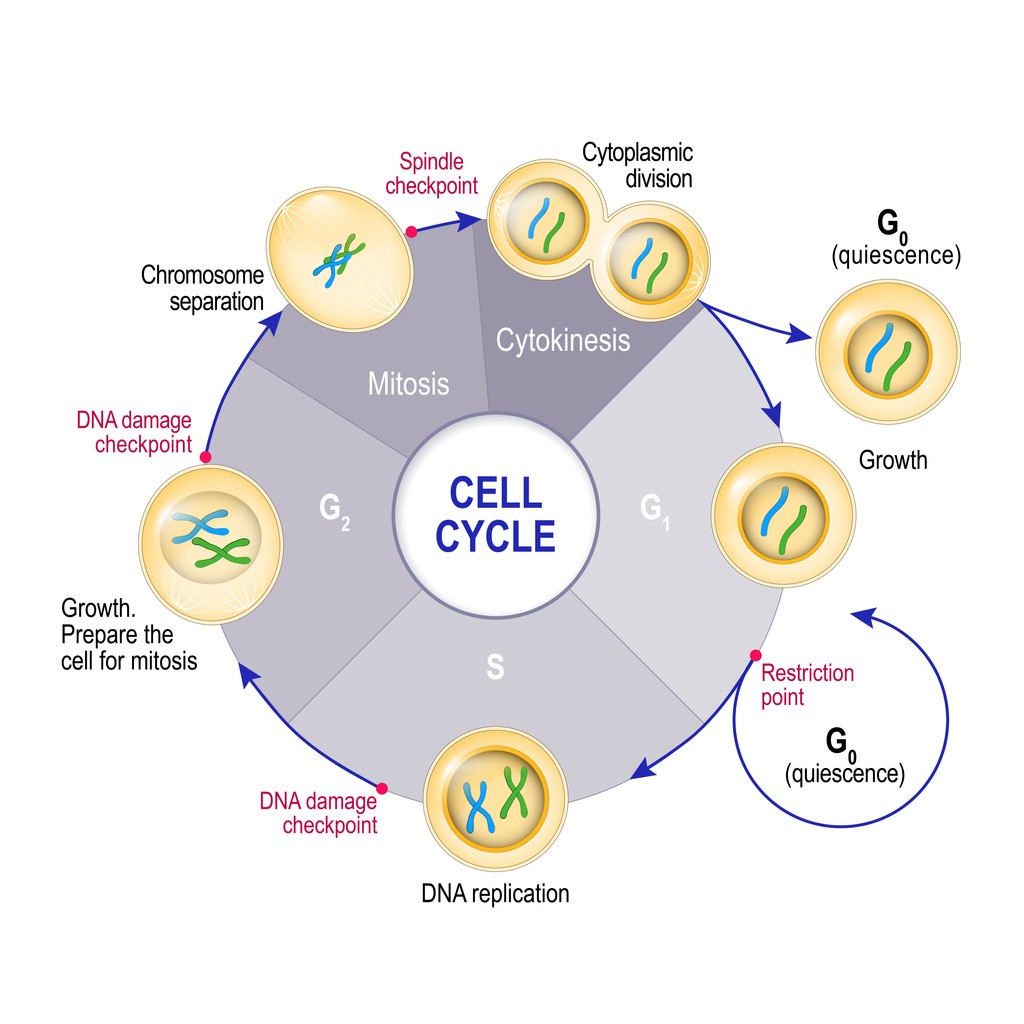What is Epithalon?
Epithalon, also known as Epithalon or Epithalamine, is a synthetic pineal tetrapeptide comprising four amino acids (Alanine, Glutamic acid, Aspartic acid, Glycine). It is considered identical to the natural peptide called Epithalamin, a hormone produced by the pineal gland. The peptide molecule appears to interact with and induce sensitivity in the hypothalamus towards the natural hormone, monitoring the circadian rhythm and controlling melatonin production. Researchers suggest that this peptide may exert positive influences in the realms of cell aging, as well as potentially inhibiting the proliferation of cancer cells, including those in the breast, prostate, and colon. Epithalon is suggested to impact metabolism by increasing the sensitivity of the hypothalamus to its natural hormone influences. This is said to regulate the level of melatonin in the bodies of animal test subjects, thereby regulating the circadian rhythm.
What is Meant by “Aging”?
Aging is a natural physiological phenomenon wherein cells undergoing repeated division cycles, which ultimately shorten their telomere length beyond the Hayflick limit. Such aged cells may undergo self-degradation or, in some instances, adversely affect tissues of various organs, leading to open pathways for diseases to develop.
Epithalon Mechanism of Action
Epithalon, researchers suggest, increases the production of telomerase, a natural enzyme that aids in the reproduction of telomeres—protective components of DNA that prevent the loss of genetic information. Researchers speculate that this results in the prevention of chromosome shortening, which is closely linked to age-related diseases. By activating telomerase, cells may potentially exceed their predetermined time limit and reverse the mechanism of cell aging, as cells with longer telomere strands are believed to provide better function and replication.
Cell Aging and Epithalon
The cell life extension and anti-aging potential of the synthetic tetrapeptide Epithalon is considered to be strong, according to data from various experimental studies. Researchers suggest that Epithalon may achieve this by elongating telomeres and activating telomerase, supporting data that it may prolong the life of cells. Additionally, Epithalon is speculated to stimulate the endogenous secretion of melatonin, an antioxidant that may decrease age-related alterations in the immune and neuroendocrine systems, potentially reducing the incidence of chronic diseases and infections.
Disclaimer: The products mentioned are not intended for human or animal consumption. Research chemicals are intended solely for laboratory experimentation and/or in-vitro testing. Bodily introduction of any sort is strictly prohibited by law. All purchases are limited to licensed researchers and/or qualified professionals. All information shared in this article is for educational purposes only.






